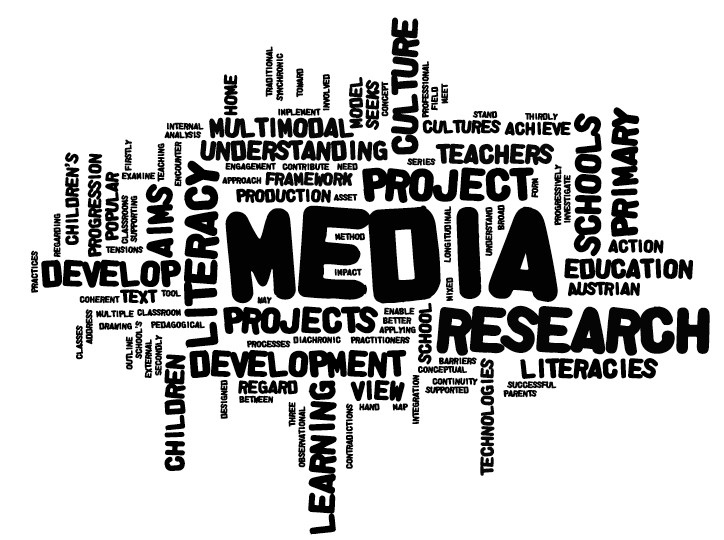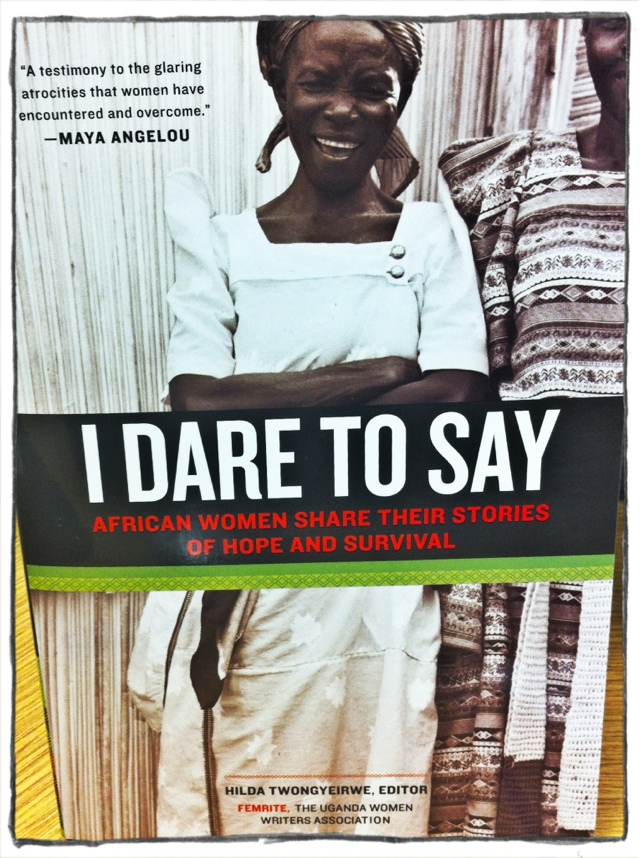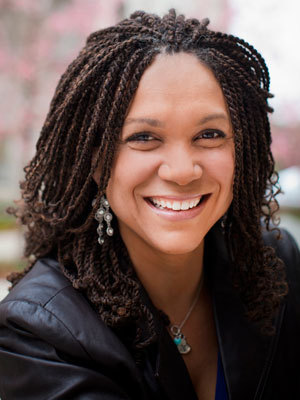I recently published a personal reflection of my accidental, non-linear career trajectory as a writer and a media activist. In addition to my philosophy about using media for change, I wanted to share a few tangible new media tips, tricks, and strategies that have been helpful to me as well.…
-
Advocacy - Blog - Media - New Media - Philanthropy - Speaker Services - Training and Consulting Services
-
“I Dare to Say” Book Review: A Lesson in Hope and Resilience from African Women
My mother was the kind of woman that would toss harsh truths at you from the other end of the dinner table right before asking you to pass the salt. “I Dare to Say†captures the reality of that kind of resilience – the kind that has learned to live…
-
Love and Afrofeminism: Gender Roles and First Dates, Who Pays?
Every single time some "boi" makes a sexist joke about bringing in the bacon for "my woman" or a straight dude presumes to know who "wears the pants" in my relationship, or a waiter assumes I'm the one that's paying the bill (even after my femme partner asks for it),…
-
A Love Poem to Say Goodbye: Things I Didn’t Know I Loved
A parting poem from my beautiful partner. She read this at my goodbye party last weekend, and wanted me to share it with all of you. As she has dedicated this to me, I dedicate this to everyone who loves an activist, who gives them sustenance when they are running…
-
Melissa Harris Perry, Host of MSNBC Show, Digs My Principles of Afrofeminism
Melissa Harris Perry (host of NBC Show Nerdland) tweeted that my interview at Ms. Magazine, during which I talk about Afrofeminism, is now one of her favorite online reads. Okay, I can die now.




